-
×
 The Alchemist
2 × ₦11,500.00
The Alchemist
2 × ₦11,500.00 -
×
 The Secrets to your win
1 × ₦2,500.00
The Secrets to your win
1 × ₦2,500.00 -
×
 You Are Too Gifted To Be Poor
1 × ₦2,000.00
You Are Too Gifted To Be Poor
1 × ₦2,000.00 -
×
 Kissinger: 1923-1968: The Idealist
1 × ₦28,000.00
Kissinger: 1923-1968: The Idealist
1 × ₦28,000.00 -
×
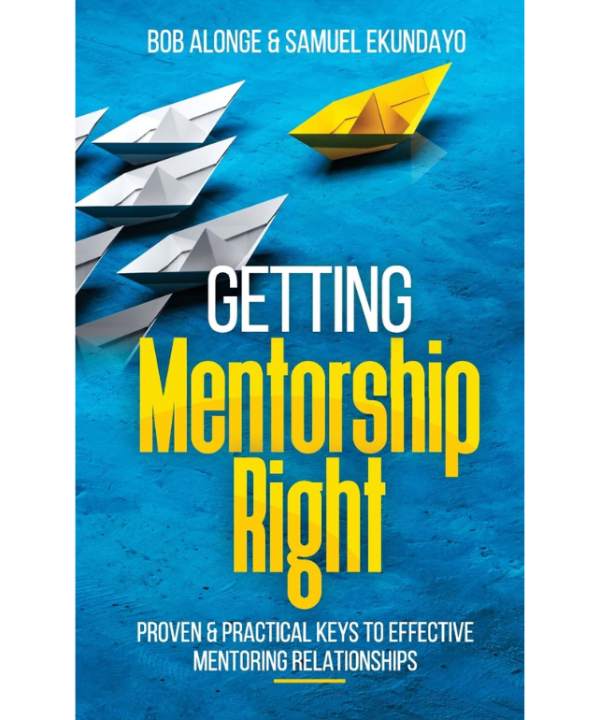 Getting Mentorship Right
3 × ₦5,000.00
Getting Mentorship Right
3 × ₦5,000.00 -
×
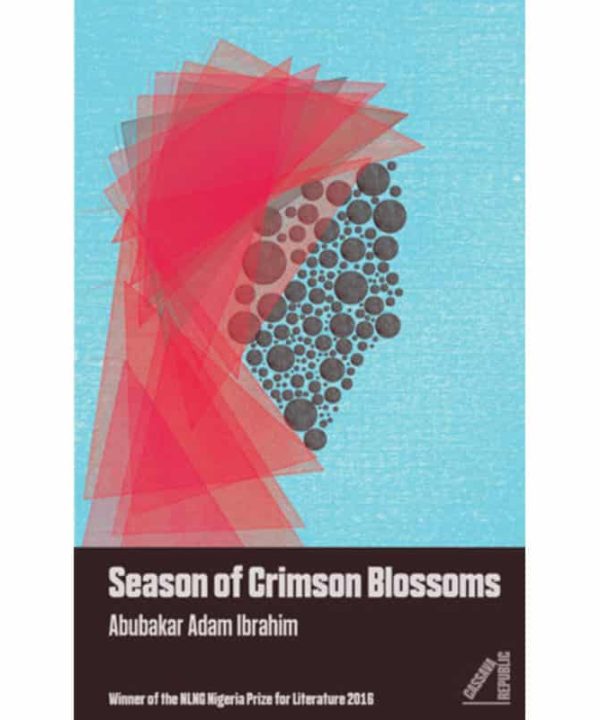 Season of Crimson Blossoms
2 × ₦9,000.00
Season of Crimson Blossoms
2 × ₦9,000.00 -
×
 Dork Diaries: I Love Paris!
1 × ₦9,000.00
Dork Diaries: I Love Paris!
1 × ₦9,000.00 -
×
 It's Trevor Noah: Born a Crime: Stories from a South African Childhood
1 × ₦13,500.00
It's Trevor Noah: Born a Crime: Stories from a South African Childhood
1 × ₦13,500.00 -
×
 The Way I Used to Be
1 × ₦13,500.00
The Way I Used to Be
1 × ₦13,500.00 -
×
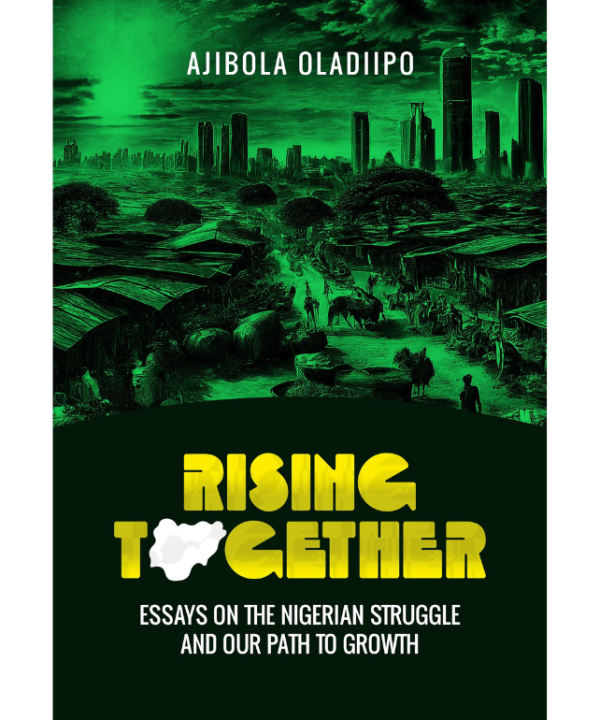 Rising Together: Essays on the Nigerian Struggle and Our Path to Growth
1 × ₦5,000.00
Rising Together: Essays on the Nigerian Struggle and Our Path to Growth
1 × ₦5,000.00 -
×
 Slammed
1 × ₦14,000.00
Slammed
1 × ₦14,000.00 -
×
 Surviving Biafra: A Nigerwife's Story
1 × ₦31,500.00
Surviving Biafra: A Nigerwife's Story
1 × ₦31,500.00 -
×
 Selected Plays
1 × ₦8,000.00
Selected Plays
1 × ₦8,000.00 -
×
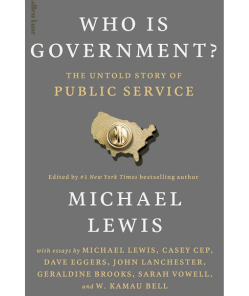 Who is Government?: The Untold Story of Public Service
1 × ₦36,500.00
Who is Government?: The Untold Story of Public Service
1 × ₦36,500.00 -
×
 The Future of War: A History
1 × ₦6,000.00
The Future of War: A History
1 × ₦6,000.00 -
×
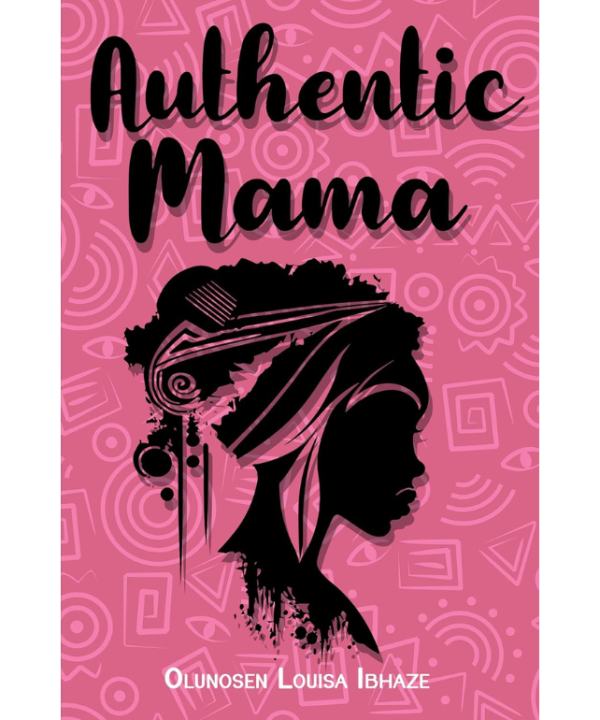 Authentic Mama
1 × ₦5,000.00
Authentic Mama
1 × ₦5,000.00 -
×
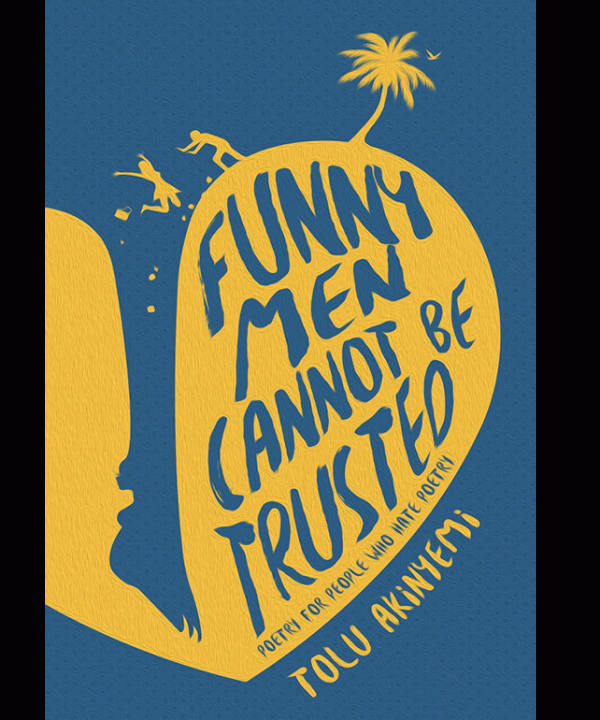 Funny Men Cannot Be Trusted By Tolu Akinyemi
1 × ₦8,200.00
Funny Men Cannot Be Trusted By Tolu Akinyemi
1 × ₦8,200.00 -
×
 Enemies And Neighbours: Arabs And Jews In Palestine And Israel, 1917-2017
1 × ₦25,500.00
Enemies And Neighbours: Arabs And Jews In Palestine And Israel, 1917-2017
1 × ₦25,500.00
You may be interested in…
-
Add
 Your Problem is That You're Multi-talented
₦5,000.00
Your Problem is That You're Multi-talented
₦5,000.00 -
Add
 Purpose in Crisis
Rated 5 out of 5₦5,000.00
Purpose in Crisis
Rated 5 out of 5₦5,000.00



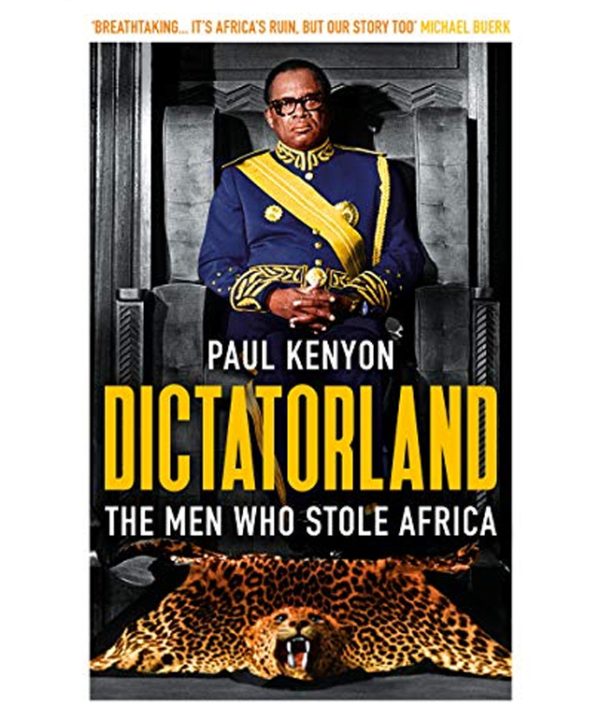


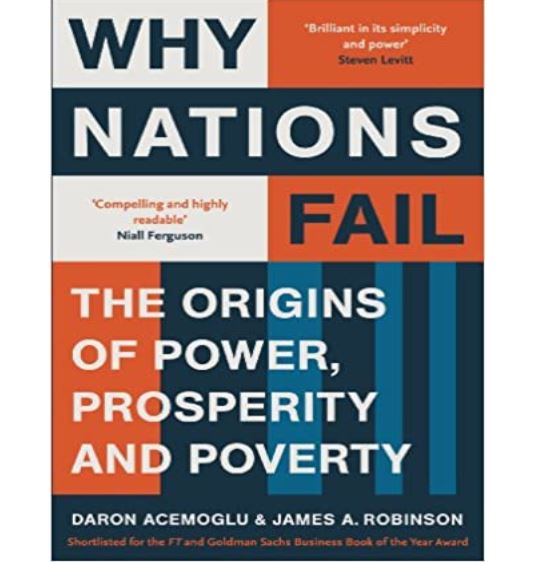
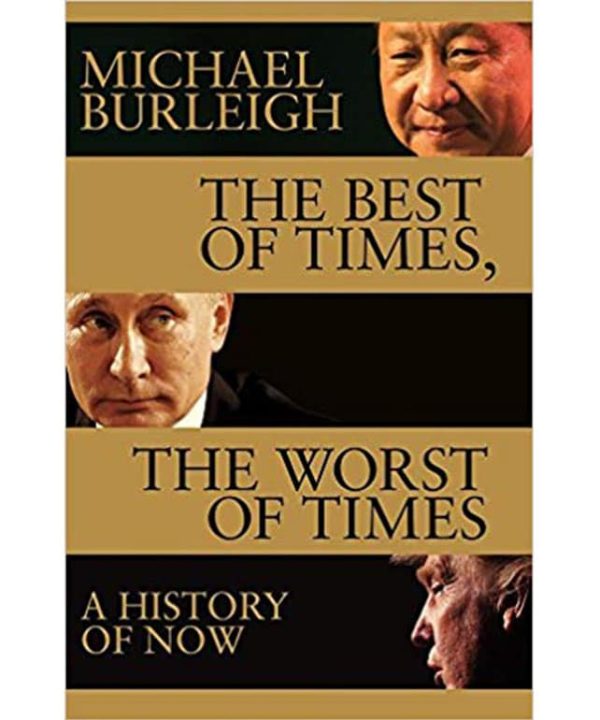
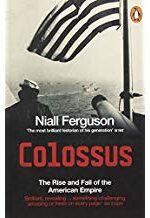
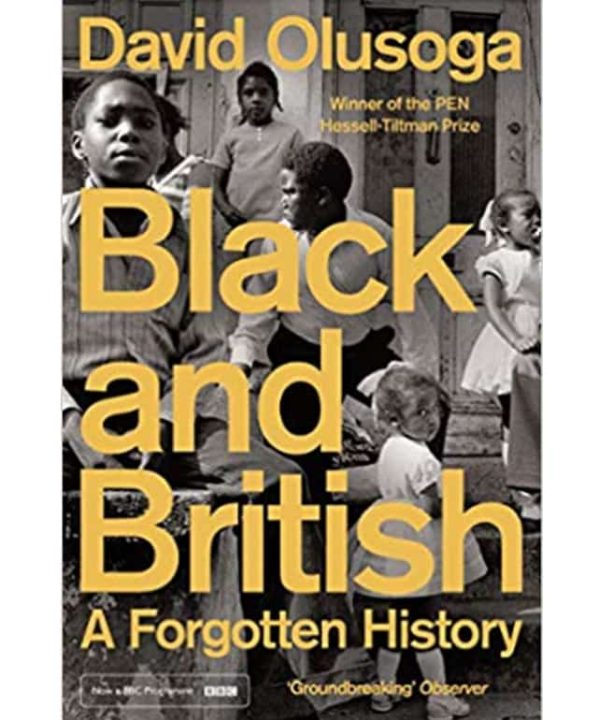
Reviews
There are no reviews yet.